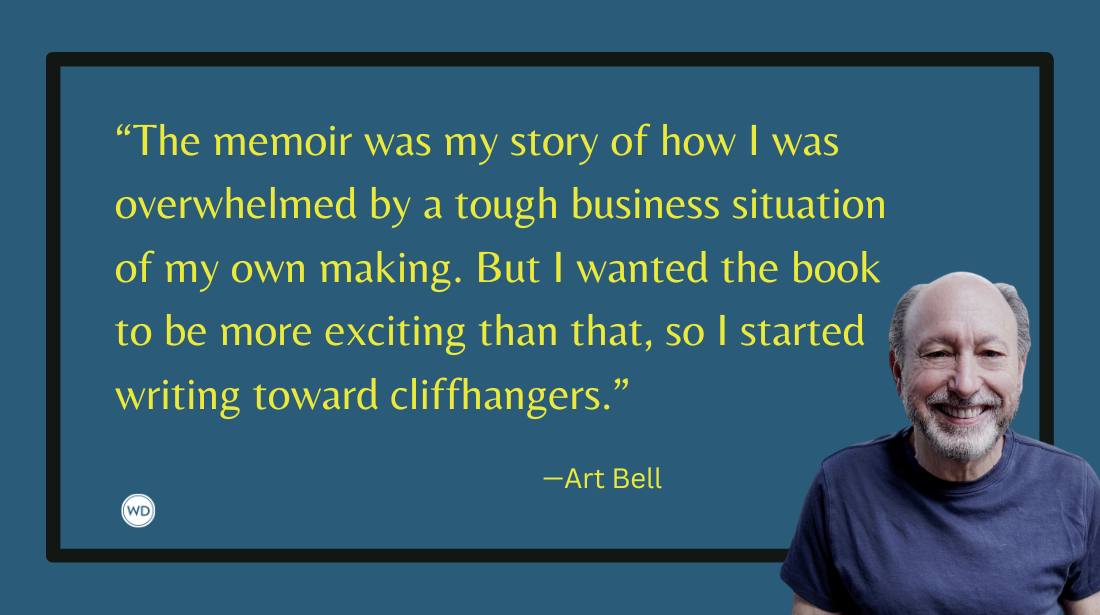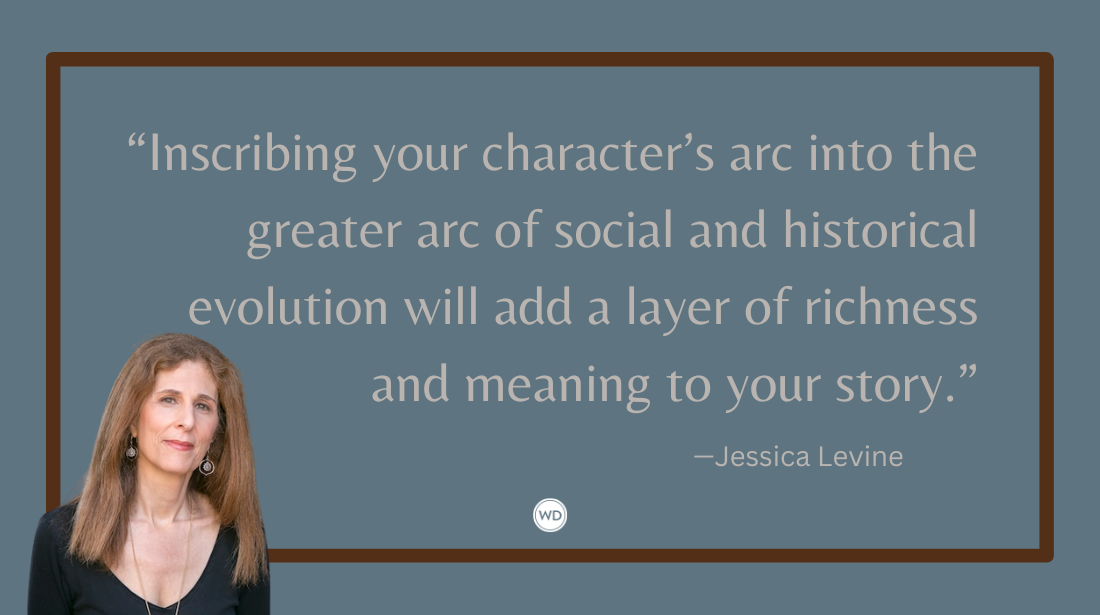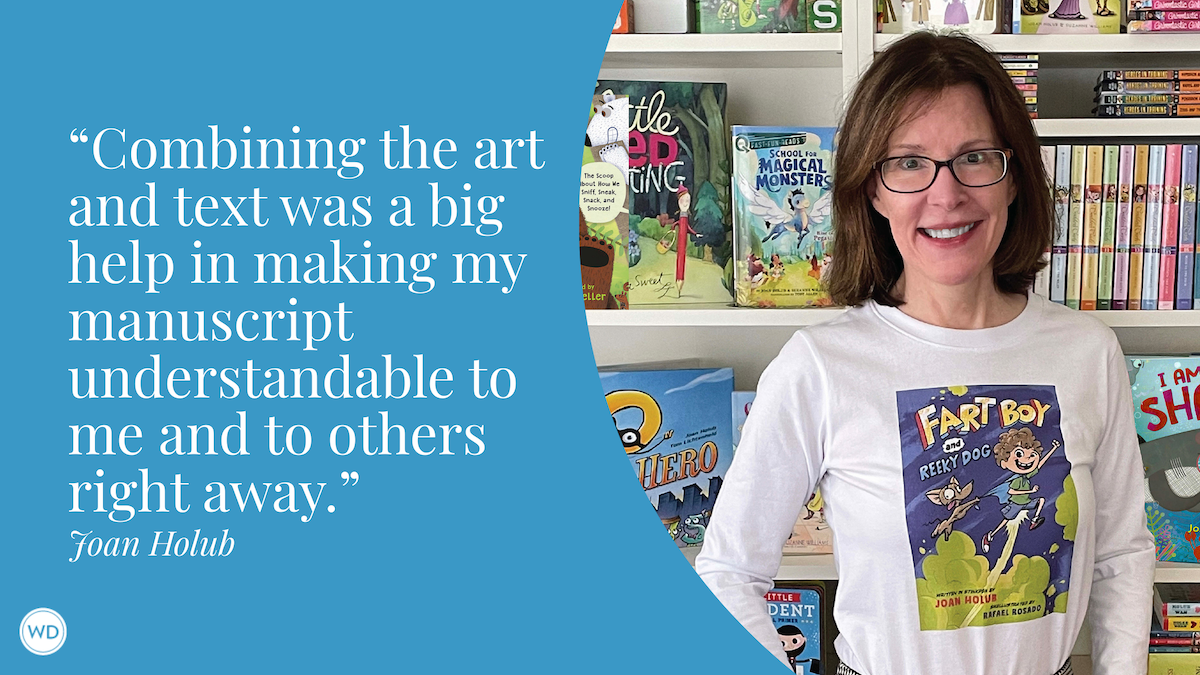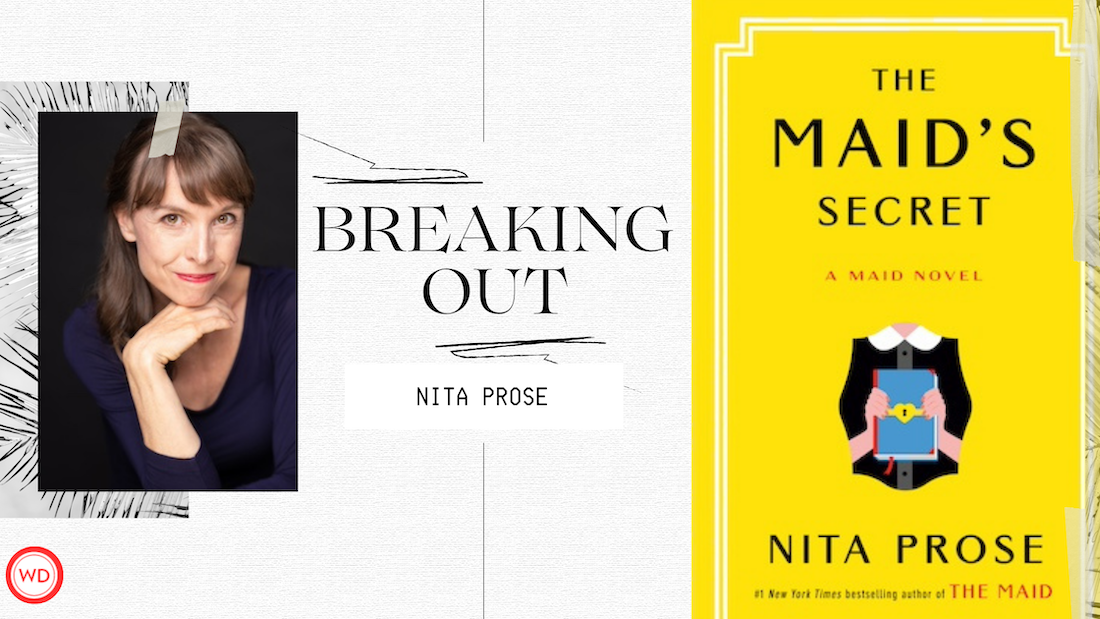7 Tips for Writing Novels People Want To Read
Author Ruby Dixon shares tips on how to write novels people want to read—including oneself.
Writing can be the best hobby in the world, but it can also be the most frustrating. There's nothing quite like creating a story from scratch, but as writers, we tend to get bogged down in the details, and once we get blocked, the frustration mounts until you're flinging your laptop off your desk and sobbing into a pillow (or is that just me?). But since I've written a few books in my time, I thought I'd pass on the things that help me the most when I'm on deadline and I need the words to flow.
1) Read the genre you write.
This one is so important it needs to be stated twice. See below.
2) Read the genre you write.
No, seriously. Research isn't only for nonfiction, my friend. If you want to know what readers are expecting from your genre, you need to read that genre. You need to have a good understanding of the tropes that work and the tropes that don't work. You need to know what's been done to death a thousand times and what's new and fresh. You need to love that genre and have respect for it. I don't care if you're writing books about seven-foot-tall blue aliens who are obsessed with finding their soulmates (hello there!) or if you're writing a thriller about a gritty navy seal who has to stop a military coup.
It doesn't matter what genre it is, just make sure that you have a healthy respect for the niche you're writing in and those who read it. If you're trying to write something that you want readers of that genre to pick up, the worst thing you can do is ignore the unspoken rules of the genre. What are those unspoken rules? You'll know them if you read the genre. No one will have to tell you. You'll know that urban fantasy readers like a strong, sarcastic heroine, and cozy mystery writers love cats and witches. You'll know that every romance has to have a happily-ever-after and some readers won't pick up a book that has cheating in it.
For my series, I knew that I loved the tropes of science fiction romance—the fish out of water element, the clash of cultures, the fantastical setting mixed with the steamy romance itself. I knew what rules readers liked (a human heroine and an alien hero) and I knew enough about the genre that if I went off the beaten path and made my heroes technology-ignorant “barbarian” survivors of an ancient space-crash, that readers would still be along for the ride.
Know that genre, so you can know the rules and when it's okay to break them (and when it's not). If you don't read it, why are you writing it?
Alternately, if it's successful, you might have to write a lot of it. Ice Planet Barbarians has 22 volumes, a sequel series of 16 books (so far) and myriad spinoffs. If I hated writing it, I would be miserable. Luckily, I (and my fans) can't get enough of it. Love and respect the genre you want to write in.
3) Write every day, even if it's a paragraph.
I like to think of writing the current novel as my muse putting together a puzzle, piece by piece. If you walk away for a week, you're not going to remember where you put that last piece in. If you pick at that puzzle a little every day, however, it's easier to jump right back in again. Writing a novel truly is easiest when your subconscious brain works on your novel at all times. If you truly can't work on that novel every day, leave yourself focused notes on where you left off and how to start again.
4) Not every page is non-stop excitement for the writer.
There's this myth that started somewhere that every scene you write should be fun and exciting, and if it's not, you're doing something wrong. Nope! Every scene should have a PURPOSE. As the writer, sometimes it's not going to be fun to write that scene that connects all the fun stuff together, but it's necessary. Know that this scene might not make you shriek with joy at the keyboard as you write it, but that doesn't mean you're doing something wrong.
5) I know it's hard. Keep going!
Anyone can get three chapters of a story down on paper. It's another experience entirely to write the full thing. Don't stop when it gets difficult. Acknowledge that it's difficult and keep writing anyhow. It will get easier again. I write a friend at the 70 percent mark of every book and complain how it's the worst thing I've ever written. Every book. And every book turns out just fine.
6) Not every book is for every reader.
I know we're all desperate to have our work validated, but just because you wrote it, it doesn't mean that everyone will love it. I have had many, many people make jokes about Ice Planet Barbarians because it's a series about aliens and humans and love and match-making parasites. That's okay! Not everyone has to love it. If they don't, it's just not for them. Your vision for your book is your vision, not anyone else's. It doesn't mean your spouse will enjoy what you're writing, or that the guy who picks up your garbage will hail it as the next great novel. But if you know your audience (see point one and point two), they don't have to! You're writing for the fans of that thing you love, and there will always be some who don't get it. As Dita von Teese famously said, “You can be the ripest, juiciest peach in the world, and there's still going to be somebody who hates peaches.”
IndieBound | Bookshop | Amazon
[WD uses affiliate links.]
7) Ignore writing advice that doesn't resonate with you!
Not every writer works the same. You have to figure out what works for you in the long run. If working off of bullet-point outlines gives you hives, then don't do it. If you work best writing scenes out of order, then write those scenes out of order.
For myself, I willfully ignore some of the science of space travel. There are books that tell you all about how long it should take, and how unrealistic it can be to cover long distances in the galaxy. I’m writing about blue barbarians on an ice planet, so I figure mine are more fantastical than fact, and my readers don’t care about that part anyhow. They’re showing up for the romance! So I make sure that part is rock solid.
In addition, I write by character beats instead of chapters. I’ve read dozens of writing guides that tell you that you have to have specific character arcs and a certain number of scenes per chapter, but that doesn’t work for me. I follow the characters and their storyline. When I think it’s an exciting place to stop the chapter, I stop it. Maybe the heroine is being attacked by metlaks, the wild ice beasts on my planet. Maybe the hero and heroine have just resonated and discovered that they’re soulmates. That’s where I stop my chapter—not where a writing guide tells me. Trust your gut.
The most important thing is that you keep writing.
Ruby Dixon is an author of all things science fiction romance. She is a Sagittarius, a Reylo shipper, and loves farming sims (but not actual housework). She lives in the South with her husband and a couple of geriatric cats, and can't think of anything else to put in her biography. Truly, she is boring. Learn more online at rubydixon.com.








